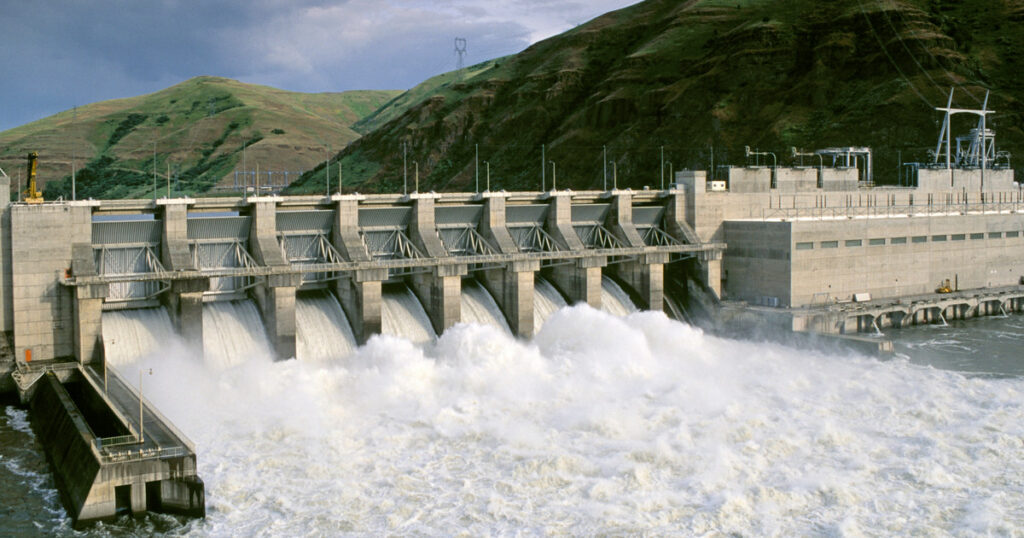In a significant turn of events, President Trump has revoked a groundbreaking agreement that aimed to restore salmon populations in the Columbia River Basin, a deal hailed as a historic commitment to Native tribes affected by federal dam-building. The agreement, which took years to negotiate under the Biden administration, sought to address the harm caused to salmon populations by federal dams in the Pacific Northwest.
Trump’s decision to pull out of the deal has faced swift backlash from tribal leaders and environmental groups, who view it as a betrayal of promises made to tribes and a setback for salmon restoration efforts. The cancellation of the agreement has raised concerns about the impact on energy stability, fisheries restoration, and regional environmental health.
The unraveling of the agreement under Trump’s administration highlights a pattern of broken promises to tribes and a shift towards supporting the retention of dams rather than exploring alternatives. The decision to revoke the agreement has implications for energy production, environmental conservation, and the livelihoods of those dependent on the Columbia River ecosystem.
Critics of the decision warn of potential consequences, including increased energy costs, instability in the region, and the risk of further litigation over dam operations. The revocation of the agreement also puts at risk vital salmon hatchery programs that are essential for maintaining fish populations and supporting commercial and recreational fishing industries.
Overall, Trump’s reversal of the Columbia River agreement has sparked controversy and raised concerns about the future of salmon recovery efforts, energy policies, and tribal rights in the region. The decision underscores the complex challenges involved in balancing environmental conservation, energy production, and indigenous rights in the management of natural resources.

